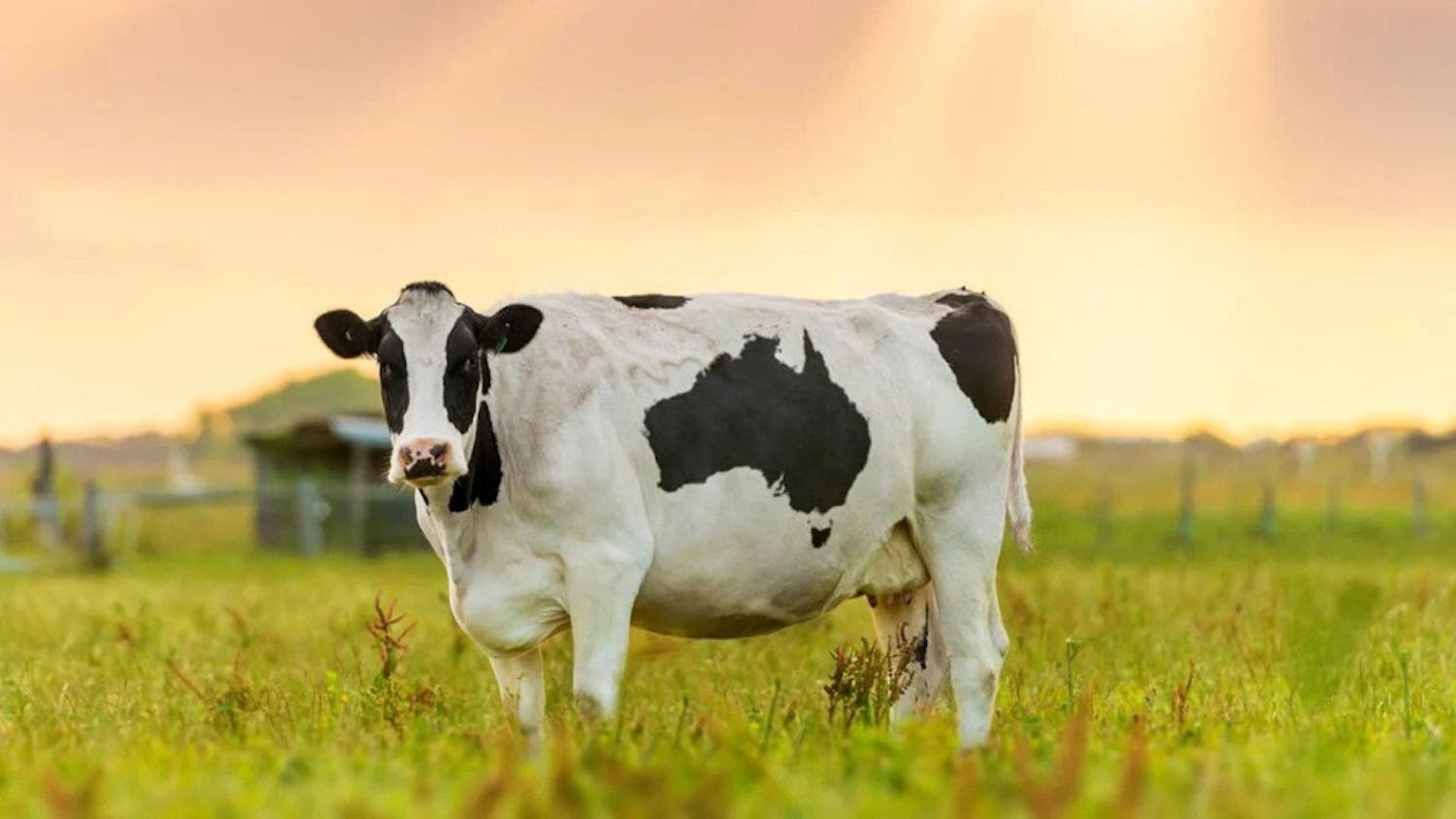It has become easy to sit behind a computer and type negative comments to those who you may never encounter in real life. Unfortunately, this becomes a breeding ground for destructive comments and the people who post them.
Singer Ari Lennox was a recent victim of some of the Internet’s hateful words this January. She was repeatedly bullied on Twitter, specifically about her nose. Various Twitter uses likened the artist to a dog and called Lennox dehumanizing names.
Seeing their comments, Lennox took to Instagram Live to express her feelings towards the issue. Lennox talked vehemently about the underlying self-hatred within the black community and the negative comments she’s received. It even brought her to tears.
This entire situation sparked a discussion about an underlying form of racism, recently identified as featurism.
Featurism is a budding social term that essentially means societal preferences over certain features and the discrimination from which it arises.
Lennox isn’t the only celebrity who has been attacked online for her features. In 2017, Serena Williams received an extensive amount of hateful comments in regards to her build and facial features. Williams was called “a gorilla,” among other awfully demoralizing names. Serena, however, did not speak out about these comments.
Unfortunately, featurism isn’t just happening to adults, like Williams and Lennox. Beyonce Knowles-Carter’s daughter, Blue Ivy, has been under criticism from many due to her strong features that resemble her father’s, ever since she appeared to the public. Similar to Ari Lennox, Blue Ivy was criticized for the size of her nose.
Just recently, Vanity Fair film critic K. Austin Collins tweeted about Blue Ivy, unrightfully critiquing the child’s facial features. Violet Lucca, a web editor for Harper Magazine, responded to this tweet, supporting his sentiments.
This is especially disheartening to know because Blue Ivy is only eight-years-old and has been experiencing featurism for such a long time and will, most likely, continue to face it as she grows older.
Even more to the point, featurism is something that doesn’t just occur in Hollywood with celebrities, but it also occurs in everyday situations and especially on social media.
Featurism and the comments that come along with them are a form of microaggressions. Microaggressions are actions or words devised to underhandedly insult or put down minorities.
Microaggressions are closely associated with racism, as well. Therefore, the issue of featurism can easily and eventually grow to the same severity as racism.
Knowing about featurism can help to further prevent the microaggressions that come along with it. Furthermore, featurism should be addressed when recognized. If we refuse to hold people accountable for their inappropriate comments on other’s natural, unalterable features, we perpetuate the growth of featurism, and in turn, we perpetuate racism.


Courtesy of Medium.com










